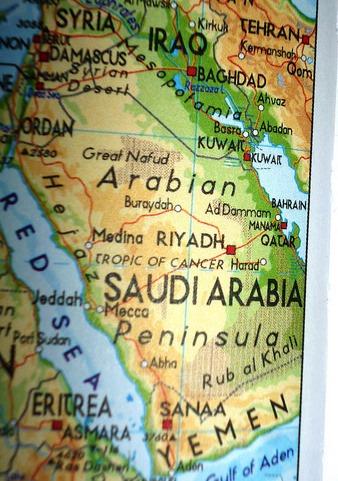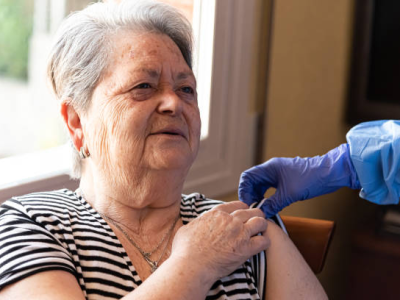Saudi Arabia's Ministry of Health (MOH) today reported a new MERS-CoV illness in Unaizah, near a city that saw two potentially related cases in recent weeks, while a report yesterday detailed a fatal case in a pregnant woman.
Saudi patient in critical condition
The Unaizah case involves a 59-year-old Saudi man who is hospitalized in critical condition. He is not a healthcare worker and does not appear to have contracted the disease from another MERS-CoV (Middle East respiratory syndrome coronavirus) patient, the MOH said.
Unaizah is located in north-central Saudi Arabia, about 200 miles northwest of Riyadh in Al-Qassim region. It lies just south of Buraidah, where officials confirmed a MERS infection in a healthcare worker on Dec 16 that was likely linked to a previous case from late November.
The new case brings the country's MERS-CoV totals since 2012 to 1,283 cases, including 551 deaths, the MOH noted.
After reporting 126 cases in August, 66 in September, and 24 in October, the agency confirmed only 4 cases in November and 5 so far this month.
Pregnant woman, husband, son infected
The case report, which appeared yesterday in Emerging Infectious Diseases, described the clinical deterioration of a 32-year-old pregnant Jordanian woman in the United Arab Emirates who sought medical care after 4 days of fever and back pain.
She declined hospital admission at that point but returned to the emergency department 3 days later—on Nov 22, 2013—with worsening fever, cough, and shortness of breath. She said she had not travelled recently or had contact with sick people or with animals. She was admitted to the hospital with suspected pneumonia and began receiving ceftriaxone and azithromycin.
The woman was transferred to the intensive care unit the next day after her condition worsened. She developed acute respiratory distress on Nov 24, which required mechanical respiratory and circulatory support. Oseltamivir (Tamiflu) and vancomycin were added to her regimen.
Because of the woman's persistent state of low oxygen, her healthy baby was delivered later that day via cesarean section. The next day, real-time polymerase chain reaction testing revealed that she had MERS. Despite intensive therapy, the woman's condition continued to deteriorate, and she developed septic shock on Nov 27 and died on Dec 2.
The report also noted that the woman's husband developed MERS-CoV pneumonia on Nov 21 but completely recovered after receiving antimicrobial drug treatment similar to his wife's at a different hospital.
In addition, the couple's 8-year-old son tested positive for MERS-CoV after he developed a mild cough. Another, younger sibling and the newborn tested negative for the virus.
The authors concluded, "Pregnant women who seek medical care for pneumonia, influenza-like illness, or sepsis on the Arabian Peninsula may benefit from screening for MERS-CoV to ensure early diagnosis and management of this sometimes fatal disease."
See also:
Dec 30 MOH update
Dec 29 Emerg Infect Dis case report





















